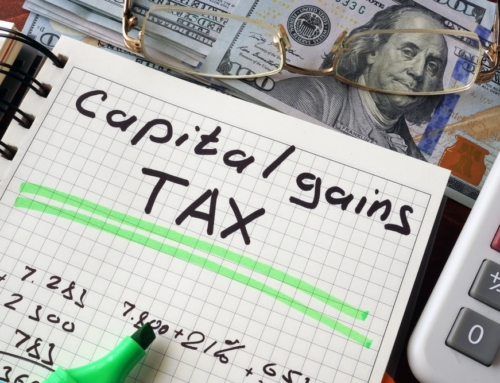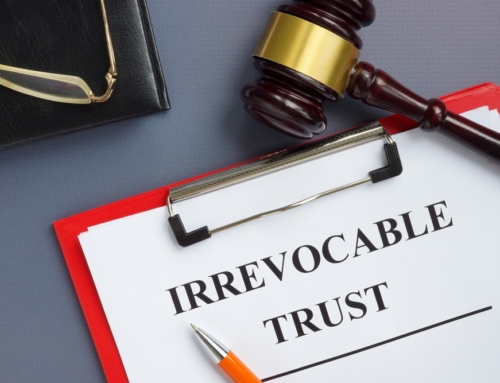When you’re preparing for retirement, one of the many things people think about is retirement savings. You’ve worked hard and invested for retirement, but you want to help ensure your money lasts as long as you need it. One way some people extend the life of their savings during retirement is to plan their distributions in order to maximize tax benefits.
Here are six things to keep in mind when it comes to your retirement savings plan:
1) If you want to withdraw money before age 59 ½ for an activity that is exempt from early withdrawal penalties, you may want to consider moving your pension money into an individual retirement account (IRA) before making any withdrawals.
2) If you had previously taken any loans from your 401(k) plan (or a similar plan), you may want to consider repaying the full amount prior to retirement. If you don’t pay the 401(k) balance, the full amount will become taxable the year you retire—possibly with early withdrawal penalties—and you may not have the money to pay the taxes.
3) On the other hand, if you start a profitable business when you retire, you can establish a solo 401(k) plan for your business. Some retirees who choose this route will opt to roll over their pension and IRA funds and borrow up to $50,000 of those retirement funds without being taxed at all.
4) Prior to retirement, many people will make a plan to review their finances and all sources of cash flow well before retirement actually begins. This helps many people understand their annual cash needs, and avoid withdrawing too much money, not only is it a waste, but the taxes tend to be higher, and higher withdrawals could increase your tax bracket.
5) Consider coordinating your retirement distributions with your Social Security benefits. Be aware that your Social Security income will probably be taxed (though you may be able to plan your cash flow so it is not).
6) As many as 20 years prior to retirement, some people choose to gradually move IRA and pension money into Roth IRAs. Doing so gradually has enabled some people to realize lower taxes and fewer to zero penalties. After age 59 ½, some people pay no taxes on these funds at all.
Taking money from retirement accounts
One of the most heartbreaking types of letter that I receive is from people who have withdrawn money from their 401(k) or other retirement plan for a down payment on a new home, education expenses, or medical expenses while unemployed.
You may want to try to avoid doing this at all costs as there is a triple whammy on these distributions. You pay taxes on the funds you withdraw, and if you’re under age 59 ½, you also pay the IRS a 10 percent early-withdrawal penalty plus the state penalty. Additionally, the fund administrator will withhold 20 percent of your withdrawal, so in the end you’ll pay taxes and penalties on money you don’t receive.
This usually comes as a big shock to people.
Another shock: When money is withdrawn from IRAs and pension accounts, only 20 percent is withheld for federal taxes, and nothing is withheld for state taxes. These distributions can push you into a higher tax bracket or cause you to lose certain credits or deductions, if you’re not careful, and you could wind up owing a lot of money.
I have found that smart retirees often have more disposable income in retirement than they did when they were working. You may want to enlist the help of a tax professional or a financial planner who can help you navigate the world of retirement tax planning.
Eva Rosenberg, EA, is the publisher of TaxMama.com®, where your tax questions are answered. She teaches tax professionals how to represent you when you have tax problems. She is the author of several books and e-books, including Small Business Taxes Made Easy. Follow her on Twitter: @TaxMama
[amazon_link asins=’B072BTCMP6,0812927427,0609809334,0609809954′ template=’ProductCarousel’ store=’thinkglink-20′ marketplace=’US’ link_id=’6cfb9e17-deb7-11e7-82d8-a7879810dc3d’]






